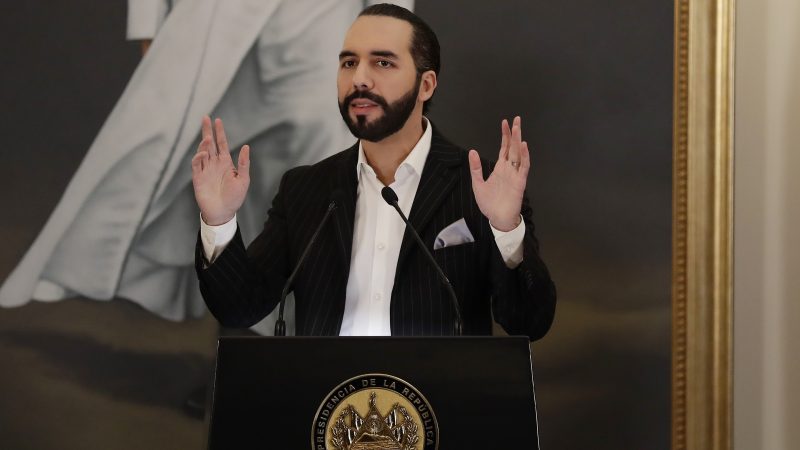El Salvador leads the world into cryptocurrency, adopting bitcoin as legal tender

El Salvador became the first country to adopt bitcoin legal tender on Tuesday (7 September). This real-world experiment, which proponents claim will lower the commission cost of billions of dollars sent home by overseas senders but has been criticized for facilitating money laundering, was a real-world success.
President Nayib Bukel, a charismatic young man, is leading the effort to reduce the amount of $400 million that Salvadorans spend annually on remittances. Most of these are sent from the United States.
Remittances to El Salvador totalled almost $6 billion last year, which is 23% of the country’s gross domestic product. This ratio is one of the highest in the world.
Surveys reveal that Salvadorans are skeptical of bitcoin use and concerned about the volatility of cryptocurrency, which critics claim could raise regulatory and financial risk for financial institutions. Some residents remain optimistic.
Reina Isabel Aguilar is a El Zonte Beach store owner, 49km southwest of capital San Salvador.
El Zonte is part the so-called Bitcoin Beach, which aims to make the town one the first bitcoin economies in the world.
The government has been installing ATMs from its Chivo digital wallet in the lead-up to the launch. These will allow cryptocurrency to be converted into dollars or withdrawn without commission. But Bukele asked Monday for patience and caution.
“Like all innovations there is a learning curve in El Salvador’s Bitcoin process. Every road to the future looks like this, and not all things will be accomplished in a day or a month,” Bukele stated on Twitter. He uses Twitter to praise his accomplishments or criticize his opponents.
El Salvador purchased its 400th bitcoin on Monday. This temporarily pushed bitcoin prices 1.49% higher at more than $52,680. It is known for being volatile. It rose to $64,000 in April, and plummeted to $30,000 in May.
Analysts fear that the decision to legalize bitcoin alongside the US dollars could cloud El Salvador’s ability to secure a financing agreement worth more than $1 million with the International Monetary Fund.
Following the approval of Bukele’s Bitcoin law, Moody’s, a rating agency, downgraded El Salvador’s creditworthiness. Meanwhile, dollar-denominated bonds in El Salvador are also under threat.
Bukele, who is not afraid to face controversy, retweeted Monday’s video showing Jaime Foxx’s face superimposed on actor Jaime Foxx. This scene was from Django Unchained by Quentin Tarantino, a film about American slavery. Bukele was seen whipping a slave trader with the IMF emblem on his face.